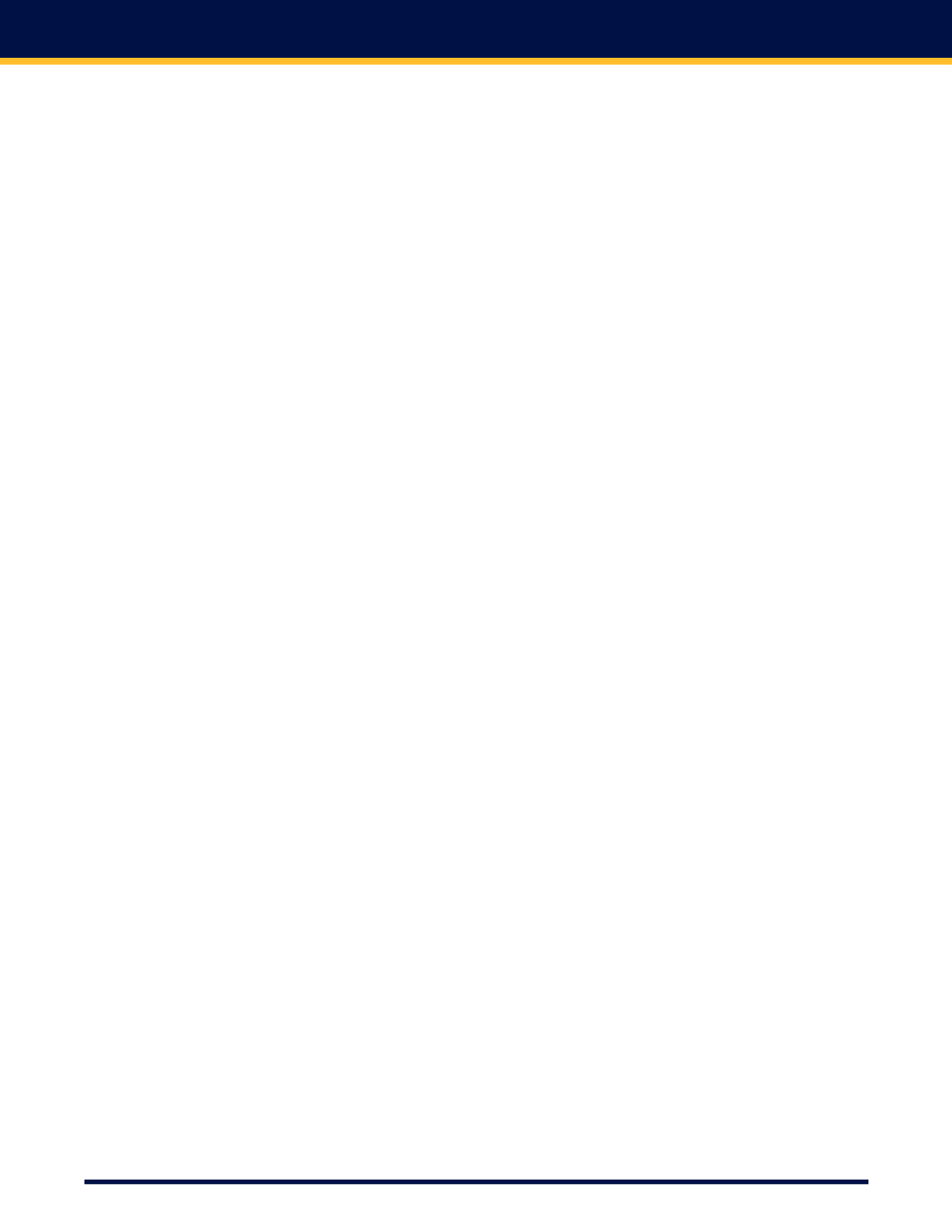

46
2012-2013 Seminary Programs Academic Catalog
Conditions for removal of the “I,” including the
time limit for its removal (normally one month after
the final exam), will be decided by the faculty
member and documented for the dean. All incom-
plete grades beyond 30 days require the approval
of the dean. It is the responsibility of the student
receiving an “I” to submit the outstanding assign-
ments and remove the grade at the earliest possi-
ble date. In no case will an “I” grade be carried for
more than one year from the assignment of the
Incomplete. An “I” grade does not carry quality
points and is not calculated in the GPA. A student
need not be enrolled in order to remove a grade
of Incomplete. No student may graduate with an
“I” on record.
graduation
Columbia International University has three gradu-
ation dates per year on which diplomas and cer-
tificates are issued: one at the end of Summer
Studies (in August), one at the end of Fall
Semester (in December) and one at the end of
Spring Semester (in May).
Students planning to receive a degree or certifi-
cate at any of these graduations are required to
submit to the Office of the University Registrar a
completed application for graduation, with evi-
dence of fee payment, by the deadline specified
in the CIU academic calendar. If a student fails to
complete all requirements by the date set, the
degree or certificate will not be issued. A new
application to graduate must be filed and another
diploma fee must be paid by the deadline for the
new term of expected graduation.
internships
The purpose of the internship program is to pro-
vide supervised experience in ministry in line with
the student’s vocational objectives. Such an
experience allows the student to engage in pro-
fessional activities while receiving feedback and
supervision from an experienced mentor. An
internship is required in all Ministry Leadership
degree programs.
All internships have as their principal component
the practice of ministry. Internships promote per-
sonal growth as the intern integrates the academ-
ic and the experiential with all that the student is
as an individual. Internships are planned around
specific objectives. After an internship assignment
has been confirmed, the students design a list of
ministry objectives and personal objectives which
they hope to accomplish during the assignment.
Supervision of students before, during and after
the internship is common to all internships. CIU
SSM personnel work along with field personnel to
ensure that students receive maximum benefit
from their internships. Another ingredient common
to all internships is evaluation from a variety of
sources. Three persons are primarily engaged in
the evaluation process: the field supervisor, the
faculty supervisor and the student.
A variety of options for the time framework of an
internship are available. These options are listed
and described in the Course Descriptions section
under “Internship.”
Plagiarism
CIU expects students to be honorable in all their
academic work. Students are to do and to be
responsible for their own work. Dishonesty in
assignments, examinations, written papers or
other academic work is contrary to scriptural prin-
ciples of Christian living and is an affront to fellow
students and the faculty. Plagiarism occurs when
students present another person’s ideas or words
as their own, or when students intentionally or
unintentionally fail to cite the source of their ideas.
The following are specific examples of plagiarism:
1. The words, sentences, ideas, conclusions,
examples and/or organization of an assignment
are borrowed from a source (e.g., a book, an
article, another student’s paper, tapes) without
acknowledging the source.
2. A student submits work done by another stu-
dent — in part or in whole — in place of origi-
nal work.
3. A student submits assignments received from
the Internet, from commercial firms or from any
other person or group.
4. A student knowingly aids another student in
plagiarizing an assignment as defined above.
Plagiarism will result in academic penalty, and
may result in failure in the assignment, failure in
the course and further disciplinary action. When
appropriate, the student’s chaplain will be



















